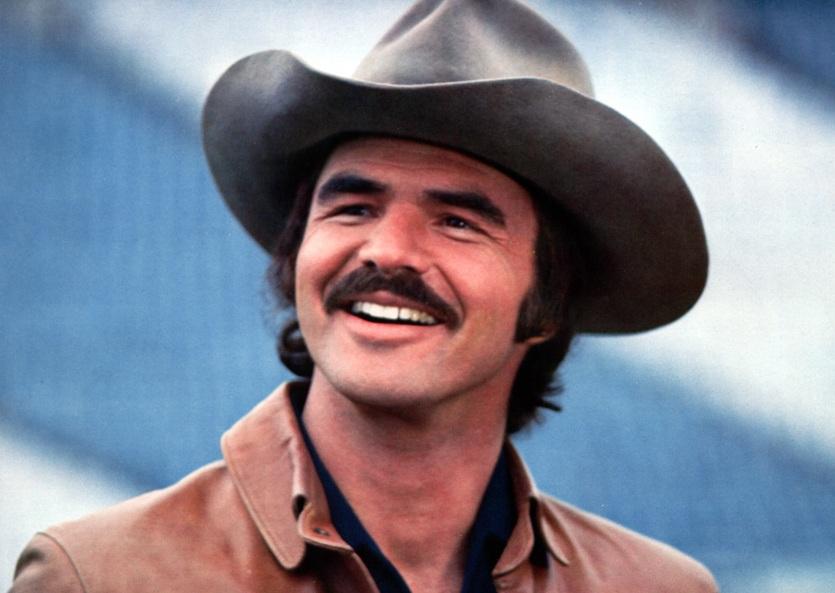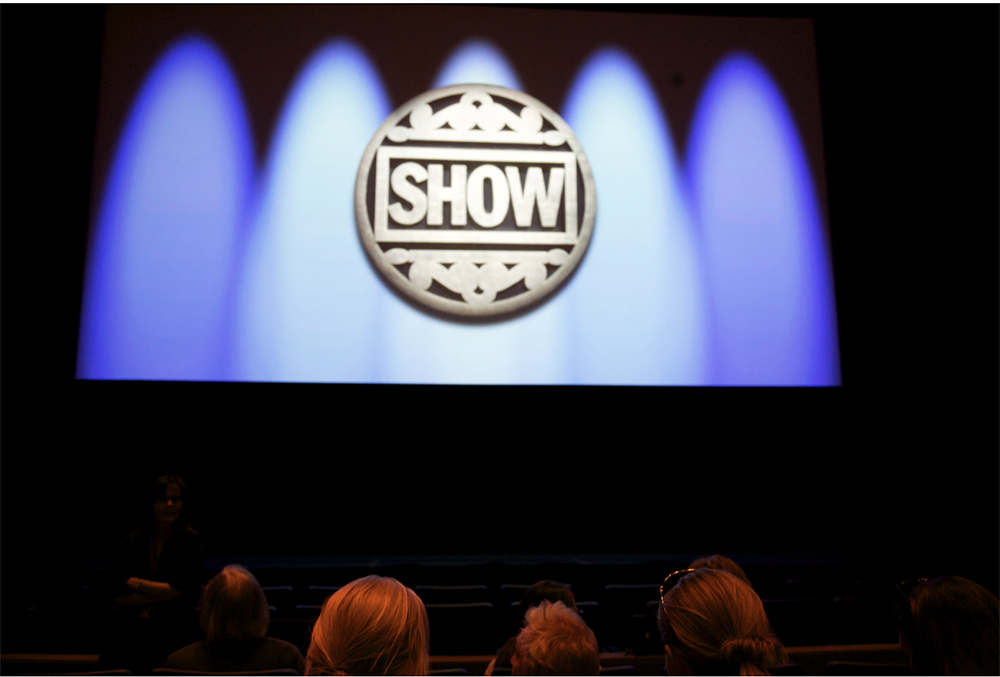A one-time top box office draw during the late 70s and early 80s, Burt Reynolds was one of the most movie star of movie stars. This often resulted in some less than stellar projects that were massive hits despite not necessarily being all that well remembered. From 1978-1982, he was the highest grossing actor in Hollywood. It could be well argued that from 1977’s Smokey and the Bandit to 1984’s Cannonball Run II there was no bigger star of the silver screen.
This success came at a cost though. Despite his extensive success over that stretch, his focus on playing variations on the same “good ol’ boy” made it difficult for him to be taken seriously as an actor. As soon as he fell out of favor at the turnstiles, he had little to fall back on. He was often, perhaps not unfairly, seen as lazy and coasting on his rather significant charisma.
From 1984 to 1997 he found his way not into a single box office success. With the exception of Bill Forsythe’s 1989 charmer, Breaking In and Alexander Payne’s crackerjack 1996 debut, Citizen Ruth, there was not much of artistic merit to point to either. Titles like Malone, Physical Evidence, Cop & a Half, and Mad Dog Time were typical of this stretch. Movies that have either been forgotten, or those that remember them are trying very hard to forget them.
Then, for a brief moment, all of that changed in 1997 and his casting as an adult film director named Jack Horner in Paul Thomas Anderson’s first masterpiece, Boogie Nights. Reynolds was so good as a man trying to elevate the artistic standards of pornography that it’s nearly impossible to think of anyone else playing him. The sly smile and hoodwinking eye that he always put to good use was still in effect, but the years that had just begun to ravage him gave his voice a deeper timbre, and his appearance true gravitas. Audiences took notice and so did Oscar. Scoring him the first and only nomination of his long career in the category of Best Supporting Actor.
For a while, he was even the perceived frontrunner for the award. Hollywood loves a good comeback story, and Reynolds’ years in the wilderness coupled with the inarguable excellence of his performance put him at the top of many a prognosticator’s list. Unfortunately, Burt’s habit of stepping in it when over it would have been easy rose again. Reynolds referred to the film and his character as “disgusting”. By the time the opening of the envelopes rolled around, it was no surprise when Robin Williams was awarded the Oscar for his fine work in Good Will Hunting over Reynolds.
The rest of Reynolds career was much like the decade and a half that preceded Boogie Nights. Forgettable films that no one saw except for two dreadful exercises in nostalgia (The Dukes of Hazzard and the Adam Sandler remake of The Longest Yard) that most who did wished they had not.
I hope that is not how Reynolds will be remembered. Because while there is a lot of chaff on his resume, there are some very fine films as well. He was a powerful physical presence in John Boorman’s classic Deliverance. Fantastic as an incarcerated former football player in Robert Aldrich’s original version of The Longest Yard. A second football film (Semi-Tough) with Jill Clayburgh and Kris Kristofferson was nearly as good. I have a soft spot for 1978’s Burt as Burt x 1000 stuntman lark, Hooper. He was quite wonderful in Alan Pakula’s sadly forgotten romantic dramedy, Starting Over (again with Clayburgh) in 1979.
Perhaps my favorite film of Reynolds’ that could be considered a true “Burt Reynolds” film is 1981’s Sharky’s Machine. A sleazy crime drama starring Burt in front of the camera as a relentless, hard-driving cop, and behind the camera as the film’s director. While the film’s lite-jazz score is somewhat distracting, Sharky’s Machine is one of the toughest and gnarliest cop thrillers of the 80’s. I’m at a loss as to why it’s neither been remade or at least been given a shot at rediscovery. I would think Tarantino would flip for this.
Burt Reynolds once said, “I’ve made about 90 movies and about 4 of them are worth a damn.” That’s not entirely true, but his batting average is far lower than it should or could have been. I don’t now why Reynolds didn’t take more chances or push himself harder as an actor – he infamously turned down Jack Nicholson’s role in Terms of Endearment. It’s a real shame, because every time he latched onto good material, he was at least its equal.
Still, there are worse ways to depart this life than as an Oscar nominated thesp who was also once the most successful actor in his industry. The best of Burt may only fit into your cupped hands (and with room left over), but those few bits are choice. That is how I intend to recall his career. Those brief bolts of lightning that showed just how good Burt Reynolds could be when he wanted it. Which is to say very.
Burt Reynolds died today of cardiac arrest. He was 82.





![2025 Oscars: Can a Late-Breaker Still Win Best Picture? [POLL]](https://www.awardsdaily.com/wp-content/uploads/2024/10/gladiator-350x250.jpg)
